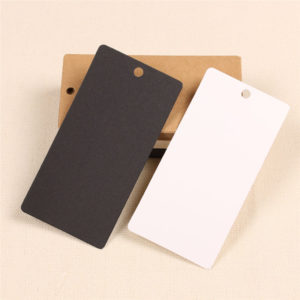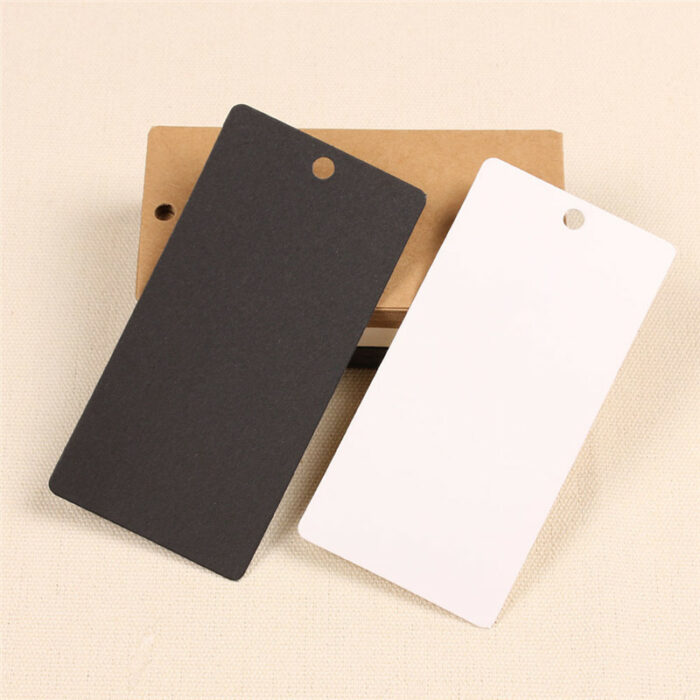According to the Label
 There is nothing categorically wrong with labels. Labels are short-hand descriptions, a fast and easy method of classification – much like words. There is nothing wrong with labels just as labels. But labels, like everything else in this world, can go wrong. Some labels are active lies; others (not nearly so bad) are so insufficient they create more confusion than clarity, or so vague they are almost useless in conveying information.
There is nothing categorically wrong with labels. Labels are short-hand descriptions, a fast and easy method of classification – much like words. There is nothing wrong with labels just as labels. But labels, like everything else in this world, can go wrong. Some labels are active lies; others (not nearly so bad) are so insufficient they create more confusion than clarity, or so vague they are almost useless in conveying information.
Which brings us to the label “a creative”. As you know, this word (recently converted from an adjective to a noun) has become a popular self-label in recent years. It’s thrown out in blog posts, claimed in profiles. It appears to be roughly synonymous with “artist” – not by definition but by use (one senses that the “creatives” are not accountants).
The primary failing of this label is that it lacks a clear and specific definition. If you tell me that you’re a creative, I believe you, but I don’t know what you mean by it. Are you a musician, a writer, a painter, an actor? Or is it less a single talent or pursuit and more a way of thinking? Let me put it this way: An artist is defined by what he does (art). Is a creative likewise defined by what he does, or is he defined by what he is (creative)? I don’t know. I don’t understand the label.
I’ve poked around the Internet and discovered eloquent and elaborate definitions of what a creative is; these people aren’t pulling definitions out of a Dictionary. Some people understand the label. But they don’t always understand it the same. If they were operating out of a Dictionary, we would have a simple and reigning definition. But since they are instead spilling four hundred words to define a creative as they understand one to be, the meaning of the label is fluid. And the usefulness of a label is inversely proportional to the fluidity of its meaning.
While the label of “a creative” is in one way too vague, it is in another too exclusive. The label is generally applied to people who are creative in an artistic sense, but there are a thousand other ways to be creative. A person who can take a recipe off the Internet and make it twice as good is creative. People who come up with new and better operating procedures, that engineer or programmer or CEO who can see the way around the obstacle – they are all creative. Whoever first invented the assembly line was very creative. By God’s many and marvelous gifts, the world is overrun by creative people. A label for creatives that acknowledges only one kind of creativity is flawed; it encourages a false distinction, an unhelpful delineation between us and them.
Labels matter – because they are categories, because they are descriptions in brief, because they share the fundamental purpose of all words: to build a bridge. It is important, then, to choose your labels carefully. Before adopting, or bestowing, a label, we must consider what information the label conveys, and what judgments it implies.





























Well, there is such thing as creative accounting — as a euphemism.
I think “creative” is supposed to be a catchall term, and in my experience most people use it because they do different types of creative stuff, like writing AND knitting AND baking. “Fiber arts” is a catchall term for everything from crochet to embroidery to felting — sometimes sewing, but that’s generally got its own categories like “fashion” or “costumery.”
Or if you take “creative” to mean “I create/make stuff” rather than the more common definition of “I create new stuff,” that includes stuff like gardening and canning and DIY.
Language is fluid, so the way words are used (the “descriptive” approach) is also a valid way to treat language.
Just to make this even more fun, I was listening to an indie author podcast once, and they said it would be good to get a creative accountant. They quickly clarified that the type of creative accountant they were talking about was one that knew how to handle accounting for businesses that centered around creative things. Basically, accountants that know how to serve indie authors, musicians, actors, whatever.
Notleia, stop saying things I agree with. We’re not supposed to agree. 🙂 Joking, of course. In all seriousness, totally agree with the fluidity of language, and that it’s perfectly valid to use language that way. That’s what makes grammar nazi’s such insolent jerks. Yes, grammar matters, but many times grammar nazis get their undies in a wad over stuff that DOESN’T matter. Or when something is “grammatically incorrect” yet much more useful for communicating intended meaning.
Like a line in a song I heard recently about Opioid abuse. “Don’t you know me by these scars where I are? I mean I am, I mean I was! . . . I was supposed to be someone.”
But this post brings up great points. And I also get a little irritated when I constantly hear YouTubers self-identify as “creators.” I get it, but when they use it as if that’s an exclusive term to them, it’s irritating. Especially when the “creator” is hardly adding value to the universe.
Interesting thoughts, Shannon. I maintain that we are all creatives because we’re made in God’s image, but we don’t always recognize our own creativity because of the narrow definitions attached to the label. Anyway, good things to think about here.
Becky
I don’t really mind the ambiguity, etc. around the term ‘creative’. As notleia pointed out, it can actually be pretty useful when needing to refer to, say, people that have multiple artistic skills.
Artist is kind of a weird term for me, because on one hand it is a catch all phrase that still includes things like writing and music. At the same time, I’ll still do things like say ‘I’m an artist and a writer’, meaning that I draw visual media like sketches and animations along with writing. But I in no way exclude writing and music from the artistic label.
And really, that’s ok, so long as people are willing to hear me out as far as what I mean. If they immediately take offense(Hey, music is art too!) and aren’t willing to understand that the word art can be used in multiple ways, then that would be a problem. Though that’s more about people’s reaction than the actual word usage.
Ambiguity in words and language is actually very awesome for writers, comedians, etc. because that can be a tool for making things poetic, funny or deep. People just need to be willing to understand what speakers/writers actually mean and allow for clarification where needed.